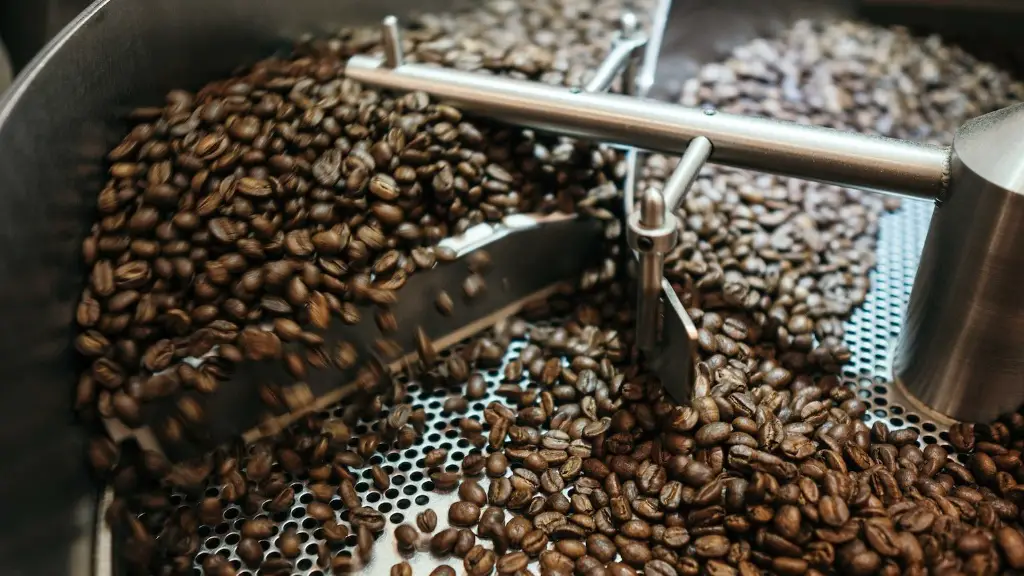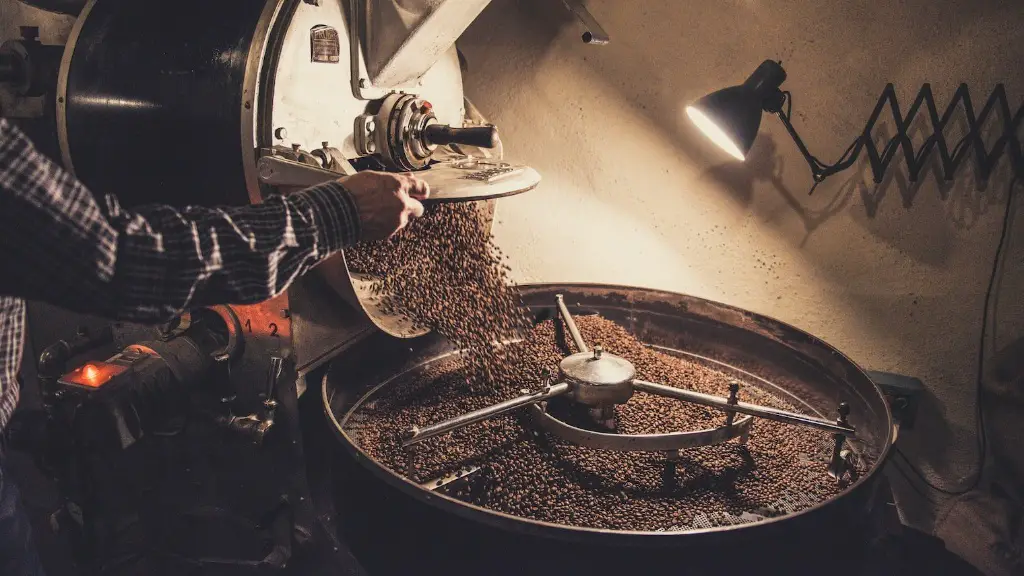Coffee is one of the most popular beverages in the world. According to the latest statistics, more than 2.25 billion people consume coffee daily. However, when it comes to drinking coffee during a period, there is still much debate.
There are many opinions about the consumption of coffee during menstruation. Some believe that coffee can be beneficial, while others consider it as unhealthy. Most experts agree that the amount of coffee that one drinks during that time is important.
Recent research has suggested that for some women, drinking coffee during the period has some health benefits. Studies have shown that drinking coffee can help reduce cramps, which is one of the main symptoms of period. Coffee also contains caffeine which helps to reduce bloating and discomfort caused by the period. Furthermore, coffee can also help boost energy during that time, which can improve mental and physical performance.
However, experts have also cautioned against drinking too much coffee during the period as it can lead to increased heart rate and insomnia. Also, some women may experience nausea and headaches after drinking coffee during that time. It is important to note that different individuals react differently to the same amount of coffee. Therefore, it is important to track the amount of caffeine that one consumes and adjust it according to one’s own response.
In general, it is advisable to be mindful of the amount of coffee one consumes during that time. If one is not a regular coffee drinker, it is better to avoid drinking it during the period as it can disrupt one’s body clock. Also, it is important to make sure that one drinks plenty of water to keep the body hydrated. Also, it is advisable to opt for natural remedies such as ginger tea, which can help reduce cramps.
Can Caffeine Help Reduce PMS Symptoms?
Most experts agree that caffeine can play a role in helping to reduce the symptoms of premenstrual syndrome (PMS). Studies have shown that caffeine can help to reduce fatigue, anxiety, and irritability, which are some of the main symptoms of PMS. Caffeine can also help to reduce the intensity of depression, which is also associated with PMS.
However, it is important to note that as with other stimulants, caffeine intake should be moderated to achieve these benefits. Too much caffeine can lead to an increase in feelings of anxiety and restlessness. Therefore, it is important to carefully monitor the number of coffees one drinks in order to maximize the potential benefits.
On the other hand, there are many natural remedies which can also be used to treat PMS symptoms. Herbal teas, such as chamomile, can help to reduce anxiety and improve sleep quality. Taking a warm bath or engaging in mild exercise such as yoga or walking can also help to reduce PMS symptoms.
What are the Long-term Health Effects of Drinking Too Much Coffee?
Drinking too much coffee can cause various long-term health effects. Too much caffeine can lead to high blood pressure, increased risk of heart attack, stroke, and other cardiovascular problems. Furthermore, overconsumption of caffeine can lead to increased risk of insomnia, digestive problems, and even anxiety and depression. It can also lead to dehydration and vitamin deficiency due to its diuretic effect.
Given the potential health risks associated with over-consumption of coffee, it is important to be mindful of the amount of coffee one drinks. It is best to limit the number of cups of coffee to two per day, or even less depending on personal tolerance. It is also important to drink plenty of water to stay hydrated, and to avoid drinking coffee late in the evening.
Can Coffee Help Enhance Concentration Level?
Coffee does contain caffeine which is known to improve alertness and focus. Studies have shown that people who consume a small dose of caffeine can experience a short-term boost in cognition and mental alertness. However, it is important to note that the effects of caffeine on cognitive performance vary between individuals and appear to be dependent on one’s genetic background and past consumption of caffeine.
Furthermore, the effects of caffeine on cognitive performance appear to diminish with regular consumption, so it is important to not rely on it for an energy boost. Instead, different lifestyle habits such as regular exercise and getting enough restful sleep can help to improve energy levels, concentration and focus.
Are There Any Other Options to Coffee?
Yes, there are other alternatives to coffee. Caffeine-free, herbal teas such as chamomile, ginger, and peppermint can help to reduce fatigue and boost energy levels. Green tea is also a good option as it contains less caffeine, but is still known to give a gentle energy boost. If a person does not like tea, there are also other caffeine-free options such as matcha, turmeric, and ginseng.
In addition, one can also try nutrient-dense supplements such as Vitamin B and Magnesium, which can help to reduce fatigue and increase concentration. It is also important to eat a balanced diet and avoid processed foods, which can make one feel sluggish.
What is the Best Diet to Follow During Period?
It is important to maintain a healthy, balanced diet during the period as it can help to reduce discomfort and cramps. It is important to include fresh, whole foods such as fruits, vegetables, and whole grains in one’s diet to get important vitamins and minerals. Eating high-fiber foods such as beans, nuts, and oats can help to reduce bloating.
In addition, it is a good idea to include foods with anti-inflammatory properties such as fatty fish, ginger, and turmeric in one’s diet. It is also important to reduce the intake of processed foods, refined carbohydrates, and sugary beverages as these can spike blood sugar levels and make one feel bloated or lethargic.
What Are the Alternatives to Pharmaceutical Drugs During Period?
In addition to following a healthy diet, certain alternative therapies can help to reduce the symptoms of the period. Acupuncture and massage can help to reduce pain and cramps. Other natural therapies such as reflexology and reiki can also provide relief from discomfort. Taking a warm bath or engaging in light exercise such as yoga, tai-chi, or walking can also help to reduce cramps and fatigue.
Herbal remedies such as ginger, camomile, and turmeric can also be used to reduce pain and bloating. It is important to remember to use the remedies in moderation, as excessive consumption of these herbs can lead to other health problems.




